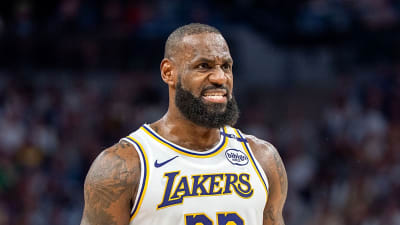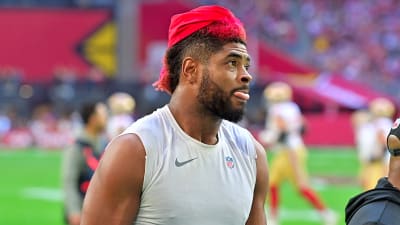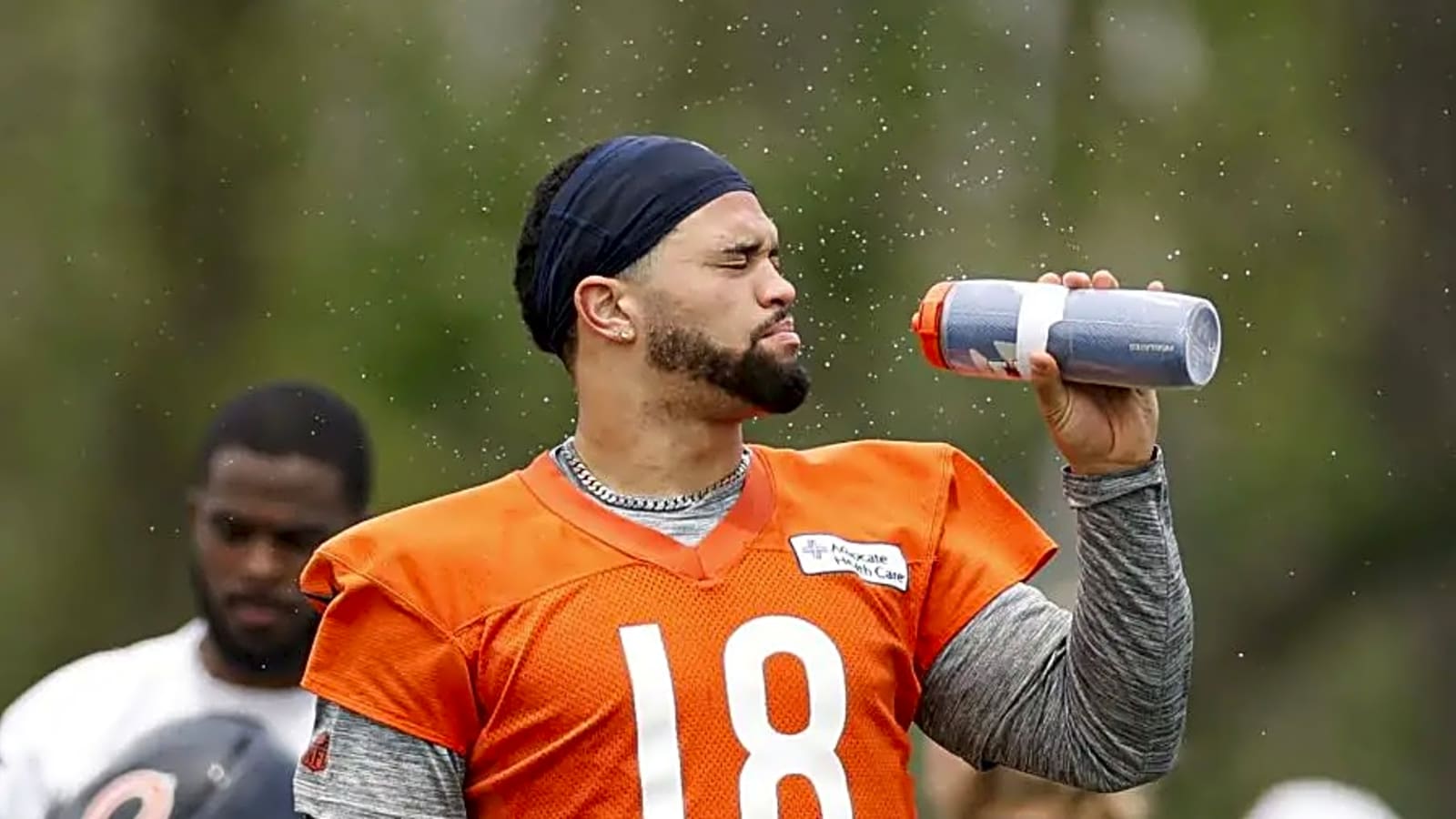
Last offseason, Caleb Williams tried a couple of ways to dodge taxes during his negotiations with the Chicago Bears over his rookie contract. The Bears ultimately didn’t give in before signing the No. 1 pick to a fully guaranteed contract.
Williams wanted the Bears to pay him as an LLC, but the team was told by the league that the player’s money couldn’t go to another business entity other than the player. Williams wanted the Bears to pay him via salary as a forgivable loan, but the NFL crushed that idea.
The Chicago Bears had to listen to the NFL on Caleb Williams’ asks

During an appearance on 670 The Score’s “Rahimi and Harris Show” on Wednesday, Pro Football Talk’s Mike Florio suggested that Williams’ negotiations with the Bears (and ultimately NFL) are somewhat connected to the league’s issues with collusion when it comes to fully guaranteeing veteran players’ contracts.
The league and its teams are also dealing with 30 second round picks that not signed their rookie deals amid arguments over fully guaranteed deals (three of whom are on the Bears).
“I think that’s the attitude the Bengals have had towards (Shemar) Stewart, and I think in refusing to play along with the suggestions that were made last year by Caleb Williams to the Bears, that’s part of it,” Florio said. And it all ties back to collusion, too.
“Because even though they’d never admit this, look, no team wants to be the one that sends in a proposed contract to the NFL Management Council that has some revolutionary new term that could spread throughout the league, that could weaken the collective power of the teams. It all goes back to fully guaranteed contracts or anything else.”
The NFL Management Council is watching negotiations
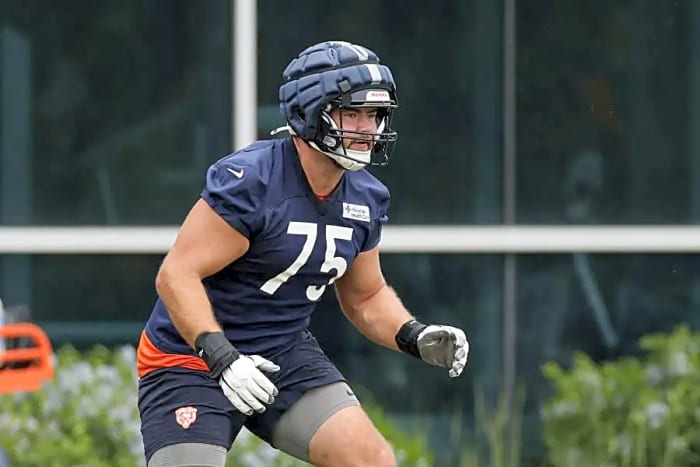
Florio thinks the Bears were “concerned” that breaking protocol for Williams’ rookie deal would get the ire of the management council.
“So there’s always this concern they’re going to get in trouble with the management council,” Florio said. “Even though they’re supposed to be competing, 32 independent businesses, they answer to the management council.
“And I would suspect that the reason the Bears said, ‘No, no, no, no, no,’ to everything Caleb Williams wanted, they were concerned. They send in some crazy new contract term to the management council. So they’re going to get a phone call, ‘What the hell are you doing?'”
The league wants the players to know they’re employees who will eventually be replaced. As we’ve seen with second-round picks this year, if one or two players receive special treatment, other agents take notice and make sure their clients bargain for more of the same.
That makes life hard for the businessmen.
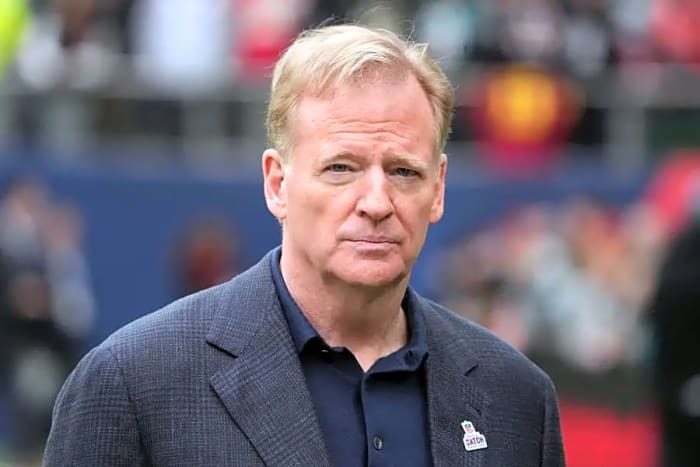
More must-reads:
- Steelers, T.J. Watt finalize extension to make him highest paid non-QB again
- AFC: Top non-QB storylines entering training camp
- The 'Total touchdown leaders by NFL season since 2000' quiz
Breaking News
Trending News
Customize Your Newsletter
 +
+
Get the latest news and rumors, customized to your favorite sports and teams. Emailed daily. Always free!



